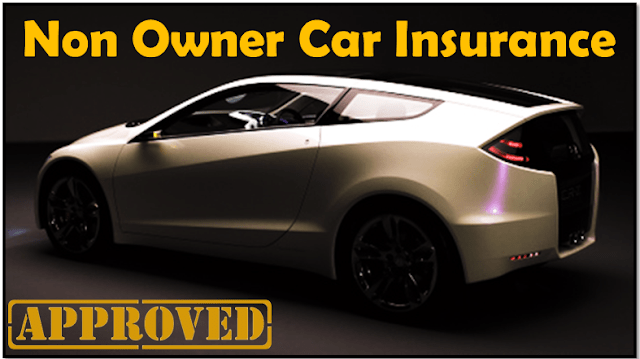Why Choose Non-Owner Car Insurance Instead?
Imagine you frequently borrow a friend's car for weekend trips. In this scenario, non-owner car insurance becomes a practical choice. It provides liability coverage without the commitment of a full policy, protecting you from potential claims. Additionally, it helps maintain compliance with state laws and can be advantageous if you've had driving violations. But is it the best option for your unique situation? Let's explore the benefits and considerations further.
If you often find yourself borrowing or renting cars but don't own one, non-owner car insurance might be the solution you need. This type of insurance offers a cost-efficient way to protect yourself while driving vehicles that aren't yours, giving you peace of mind in various situations. Unlike standard car insurance, non-owner policies typically carry lower premiums, making them a budget-friendly option for infrequent drivers.
One of the primary benefits of non-owner car insurance is its liability coverage. If you're involved in an accident while driving someone else's car, this policy provides financial protection against bodily injury and property damage claims. You wouldn't want to face significant expenses resulting from an accident, and having this coverage can prevent a financial burden from falling squarely on your shoulders. This is especially important if you're frequently borrowing vehicles or renting cars for business purposes, as it guarantees you're protected regardless of the vehicle's ownership. Additionally, this type of insurance acts as secondary coverage when the owner's insurance is insufficient, ensuring you have extra protection. Moreover, it can also help you comply with state insurance requirements, which is essential for maintaining your driving privileges.
Non-owner car insurance provides vital liability coverage, protecting you from financial burdens in accidents involving borrowed or rented vehicles.
Additionally, if you've had previous driving violations that require you to file an SR-22 form, non-owner car insurance can be a valuable asset. It allows you to meet state requirements for maintaining your driving privileges, all while making sure you have liability coverage. It also helps you avoid gaps in coverage, which can lead to increased premiums down the line. By keeping continuous insurance coverage, you not only comply with legal requirements but also potentially save money in the long run.
When considering non-owner car insurance, it's important to understand its coverage details and limitations. This policy serves primarily as secondary coverage, which means it kicks in after the car owner's insurance reaches its limit. While it provides essential liability coverage, it doesn't cover damages to the car you're driving or any personal medical expenses, depending on your state. As a result, it's wise to assess your specific needs and understand what kind of protection you're getting.
Purchasing non-owner car insurance is relatively straightforward. You'll need to check your state's DMV for specific requirements, as these can vary. Most importantly, you'll have to meet the minimum liability coverage mandated by your state.
As you gather quotes from different insurance providers, you'll notice that prices vary, so it's beneficial to compare options to find the best fit for your situation. You may also want to look into whether your policy can include uninsured or underinsured motorist coverage, which adds another layer of protection.
Conclusion
In a world where borrowing or renting a car is as common as grabbing a coffee, non-owner car insurance is your safety net. Think of it as a sturdy umbrella in a sudden downpour, shielding you from unexpected financial rains. By opting for this coverage, you're not just meeting legal requirements; you're also paving the road to peace of mind. So, why leave yourself exposed? Embrace the security of non-owner car insurance and drive with confidence, wherever the road takes you.

